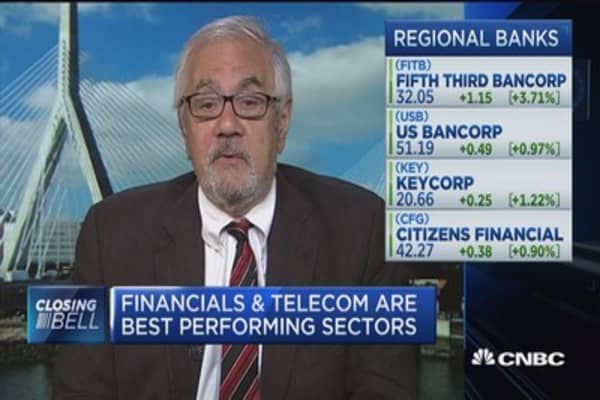When Congress first enacted the Investment Company Act of 1940, it was deemed too expensive for regulators with the SEC to travel to U.S. territories — which then also included Alaska and Hawaii, in addition to Puerto Rico and the U.S. Virgin Islands.
Since then, both Alaska and Hawaii have become states, air travel to and from Puerto Rico has become less expensive and a large portion of financial activity takes place electronically. That makes it far easier for regulators to patrol financial activities in U.S. territories than it was 78 years ago, Rep. Velázquez has argued.
The bill, called the "Economic Growth, Regulatory Relief and Consumer Protection Act, passed on Tuesday.
Velazquez said she voted no on it for other reasons. For example, the bill rolls back many protections for bank customers, including preventing discrimination against minorities in mortgage lending. It also raises the threshold for a bank to be considered systemically important to $250 billion in assets. It was seen as favorable to medium-sized U.S. banks by loosening some of the current rules.
"On balance, these are poor choices that, in my view, heighten the risk of improper financial activities similar to those that precipitated the 2008 financial crisis," Velazquez said in a statement.
On-island financial institutions will have three years to comply with the new rules, assuming they get signed into law. The SEC has to option to grant an additional three years, if warranted.
"This bill will put Puerto Rico's mutual fund industry in regulatory parity with the Mainland and, at last, bring to an end decades of exploitation of Puerto Rican investors," Velázquez said in a written statement. "I am heartened, at least, that by passing my legislation, as part of this larger package, we will no longer hear of the people of Puerto Rico being swindled out of their nest eggs due to an antiquated loophole in federal investment law."



Comments